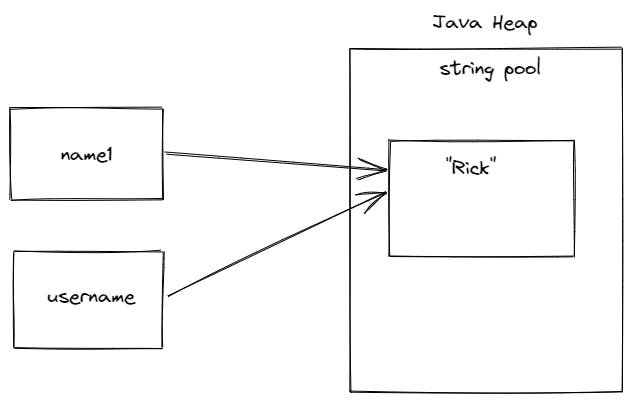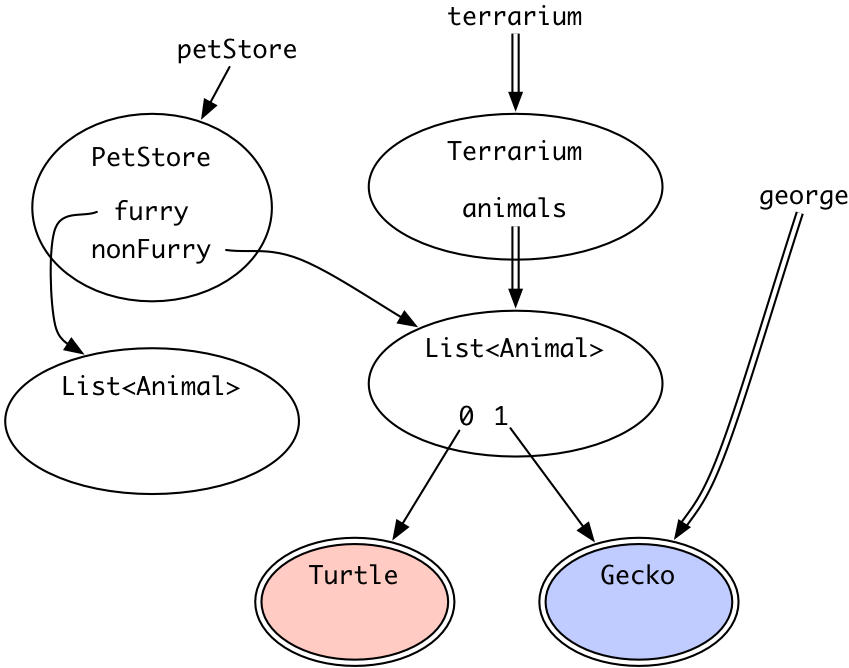Why Are Strings Immutable in Java? Enhancing Code Integrity
Why Are Strings Immutable in Java? Enhancing Code Integrity
Blog Article
Immutable Strings: A Trick Element in Ensuring Data Uniformity and Dependability
In the world of information management, the relevance of unalterable strings can not be overstated. The principle of unalterable strings transcends simple technicality; it is a linchpin in the complicated internet of information governance.
The Idea of Immutable Strings
Unalterable strings, an essential idea in programs, refer to strings that can not be customized once they are created. Basically, when a string value is assigned, any type of procedure that appears to change the string in fact develops a new string. This immutability ensures data consistency and reliability in applications, as it protects against unforeseen modifications to the original information.
Benefits in Data Uniformity

Information uniformity is crucial in various facets of software development, including data source monitoring, multi-threaded environments, and distributed systems (Why are strings immutable in Java?). Unalterable strings contribute dramatically to attaining this consistency by stopping information corruption as a result of concurrent gain access to. In situations where numerous procedures or threads engage with the same information simultaneously, immutable strings serve as a safeguard versus race problems and synchronization problems
Furthermore, the immutability of strings simplifies debugging and testing processes. With unalterable strings, designers can rely on that when a string is set, it will certainly stay the same, making it easier to map the resource of errors and guaranteeing that examination situations create consistent outcomes. This integrity in data taking care of ultimately brings about extra durable and secure applications.

Executing Immutable Strings
Making sure the immutability of strings requires a thoughtful technique to their execution in software program advancement. One vital technique is to develop string classes in a method that protects against adjustments once a string item is created. By making strings immutable, programmers can boost information consistency and integrity in their applications.
To execute immutable strings successfully, developers need to prefer developing new string things as opposed to modifying existing ones. This technique guarantees that as soon as a string is designated a value, it can not be transformed. Additionally, any type of procedure that appears to change the string needs to develop a new string with the wanted modifications rather than altering the original.
Moreover, making use of immutable strings can streamline concurrency management in multi-threaded atmospheres. Because unalterable strings can not be changed after creation, they can be securely shared amongst multiple threads without the risk of data corruption.
Function in Integrity Assurance
In software advancement, the use of unalterable strings plays a vital function in ensuring the dependability of information procedures. Unalterable strings, as soon as produced, can not be modified, guaranteeing that the information they stand for remains constant throughout the application's execution. This immutability property offers a level of guarantee that the data being processed will not be unintentionally transformed, leading to unexpected results or errors in the system.
By integrating immutable strings into software application style, developers can enhance the reliability of their applications by minimizing the dangers connected with mutable data - Why are strings immutable in Java?. Unalterable strings help in protecting against data corruption or unintended adjustments, which can be specifically critical when dealing with delicate info or when data integrity is paramount
In addition, making use of immutable strings streamlines simultaneous processing, as several strings can safely access and share string data without the risk of one thread modifying the material while an additional is reviewing it. This aspect contributes considerably to the general integrity of the software program system, making certain foreseeable and constant actions in data managing operations.
Applications and System Integration
The smooth assimilation of unalterable strings right into different applications and systems is pivotal for guaranteeing robust information consistency and browse around these guys integrity across diverse technological settings our website - Why are strings immutable in Java?. Unalterable strings play an essential duty in improving the integrity of data exchanges and communications within complicated software communities. By integrating unalterable strings into applications, programmers can mitigate the risks connected with data meddling, unapproved adjustments, and unintentional modifications, therefore fortifying the total safety posture of the system
Unalterable strings can improve interoperability between disparate systems by offering a standard layout for data depiction, making it possible for extra reliable information handling and exchange protocols across interconnected platforms. By adopting unalterable strings in applications and system integration procedures, companies can fortify their data facilities and maintain the dependability and consistency of their information assets.
Conclusion
Finally, immutable strings play an essential role in maintaining data consistency and dependability in different applications and system integrations. By guaranteeing that strings can not be changed as soon as developed, the stability of information is protected, reducing the risk of disparities and mistakes. Executing immutable strings can considerably enhance the reliability of systems, ultimately resulting in more trustworthy and precise information processing.

Report this page